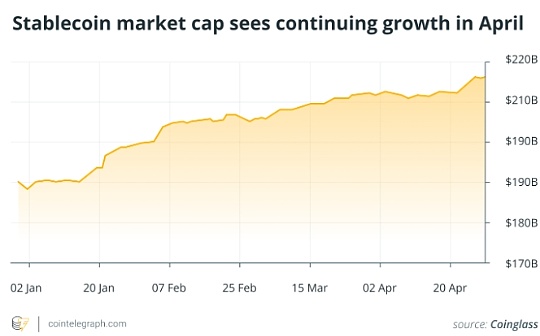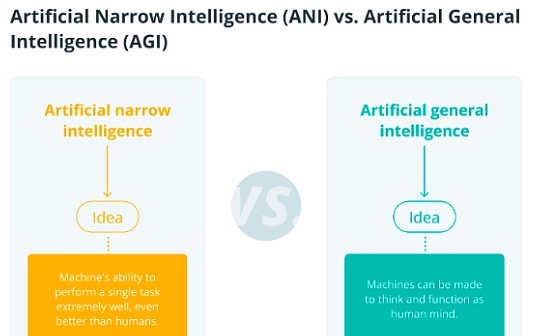Vitalik Buterin proposed simplifying the L1 concept, and Ethereum's vision of "world computer" failed?

転載元: panewslab
05/06/2025·10DA friend asked me how to evaluate Vitalik Buterin’s latest new proposal to simplify L1? In fact, it’s okay to look at it no matter how you look at it. Nowadays, it’s time to compete with Holder’s “faith”. If you don't believe it, I can give the evaluation of "black and red" versions at the same time:
Black-pink version - Making Ethereum as simple as Bitcoin declares the failure of Ethereum 's general-world computer strategy:
This article highlights that Vitalik is finally willing to admit that Ethereum has been obsessed with "complexity" in the past and needs to be adjusted. The essence of this "slimming" movement directly declares that Vitalik braged back then - "World Computer" has become an unimplemented encryption holy grail.
Replacing EVM with RISC-V seems to be a systematic overhaul and technological upgrade on the surface, but in fact it is equivalent to the complete failure of the previous layer2 Rollup-Centric strategy. When Solana absorbed a large number of users with its simple architecture and purely commercial MEME strategy, Ethereum was still struggling with how to manage the interoperability of hundreds of L2s. Rather than saying that this is an active optimization strategy, it is more like being forced to survive by breaking one's arms.
As an old chain with the second most consensus in the crypto world, when it is unable to compete with the new chain for performance, and suddenly one day when one is relying on one's seniority and always putting himself and Bitcoin together to show his presence, it is a strategic contraction no matter how you look at it. It is hard for us to imagine that the final answer of the 10 years of technological development is "learning Bitcoin to simplify". You should know that the conclusion that the chain is "simplified" was written in the code as early as 2009.
And the next generation of general-purpose computer platform that wanted to revolutionize the "Internet" and tried to move the entire Internet to blockchain disappeared like this, leaving no cloud behind.
Red Pink Version - Ethereum has finally simplified the complexity and safely carried everything with a new "modular" mindset:
Just as I wrote in many previous articles, Vitalik's proposal essentially indicates that the current blockchain industry has transformed from a "one-only" breadth competition to a "joint and join" deep optimization strategy, which means that Ethereum has finally put aside the image of ivory towers that technology represents everything and has begun to truly embrace the community and move closer to the "market".
Replacing EVM with RISC-V will blow up the infra innovation horn of "ZK technology narrative + modularization", allowing Ethereum to revive its second spring with its new paradigm technology narrative.
The 100-fold performance improvement potential means that Ethereum will provide a stronger support base for the Layer2 ecosystem while maintaining security. In the past, Ethereum was limited by the layer2 ecosystem, and when the self-reliant L1 will take the new positioning of the "security consensus layer", allowing it to fight against other layer1s head-on, and avoid being implicated by the young boys of layer2.
"Learning from Bitcoin" is not a "giving up" to give up complexity, but a tribute to the first principle of the "safety first path". At least Bitcoin has verified the feasibility of this path. Ethereum, supported by the new modular concept, allows L1 to focus on secure settlement, while giving L2 full space for innovative applications.
This ecological architecture that seems to be laissez-free but is actually spiritually traction will prove to be the most efficient.
From a macro perspective, when high-performance layer1 competitors such as Solana are still pursuing a single indicator to show off their skills, Ethereum has already started the next decade of layout: not to calculate everything, but to safely carry everything. Because, in the past few Cycles, the real public chain winners did not win in performance, but "stability" -and the premise of stability is simplicity.
Look, the biggest problem of Ethereum at present is "consensus split". It is true that there are a large number of believers who are determined to hold on to technical narratives, but the black fan army that has long turned against and abused them is getting stronger and stronger.
But in fact, whether Ethereum is good or bad is just a different perspective. The truth is just that because of "believe", we see it, and because of "not believing", we are destroyed.


 jinse
jinse

